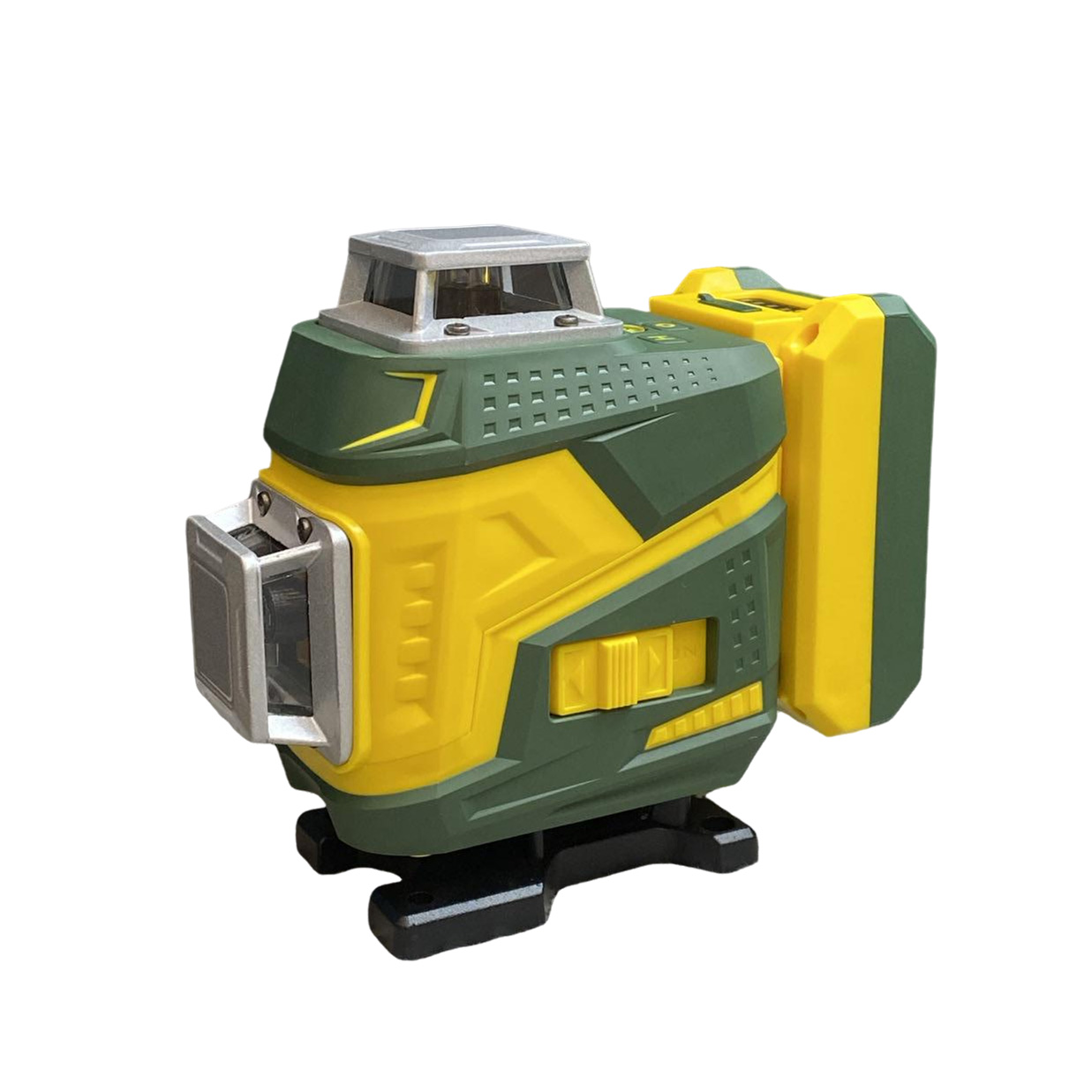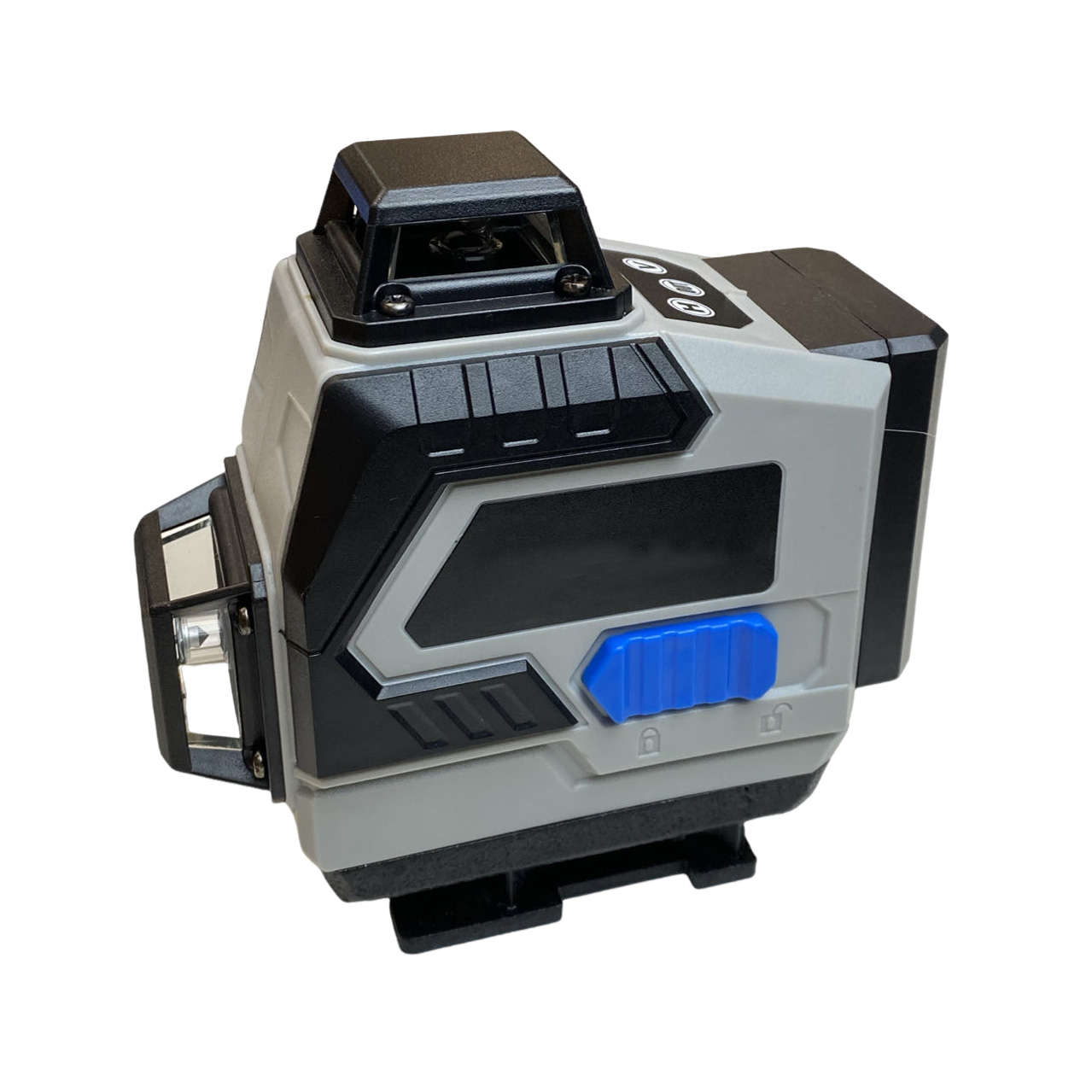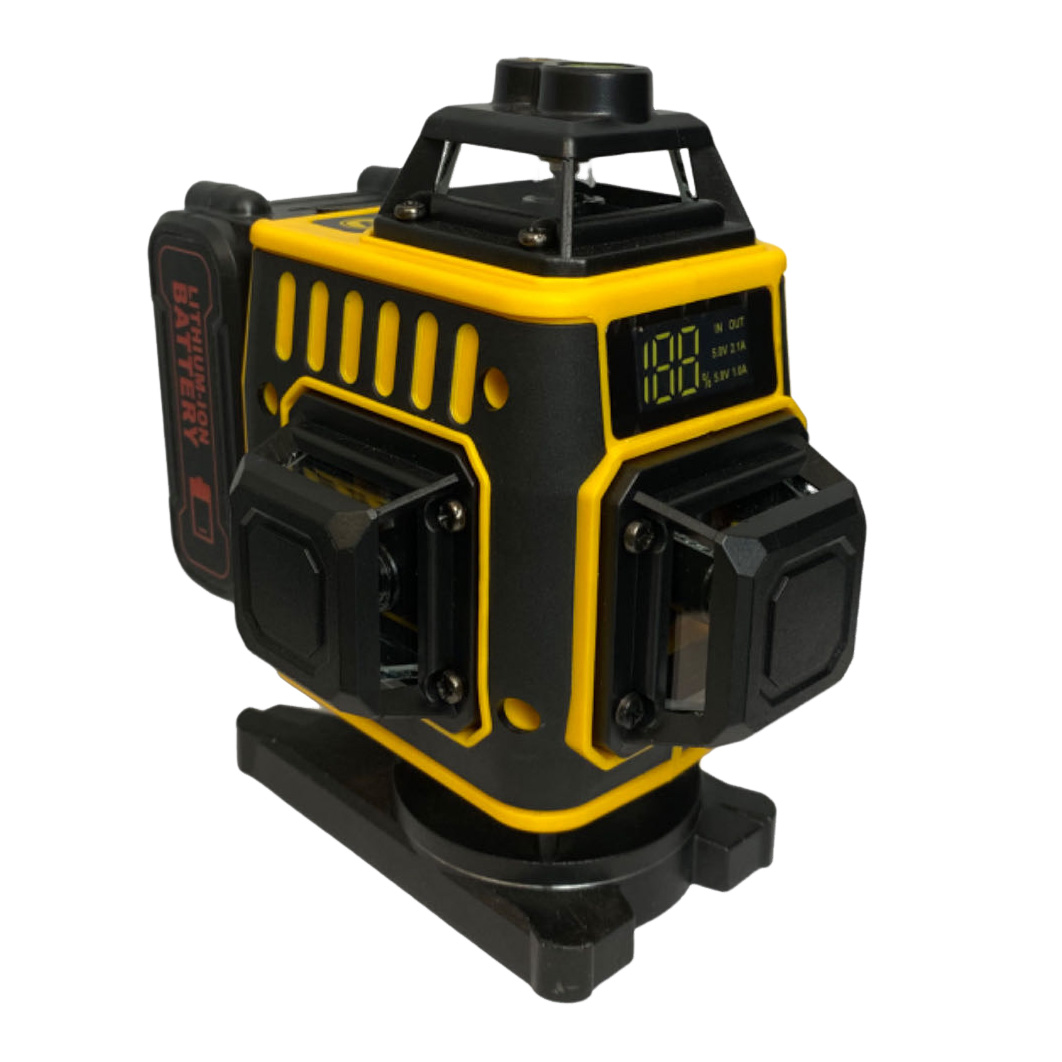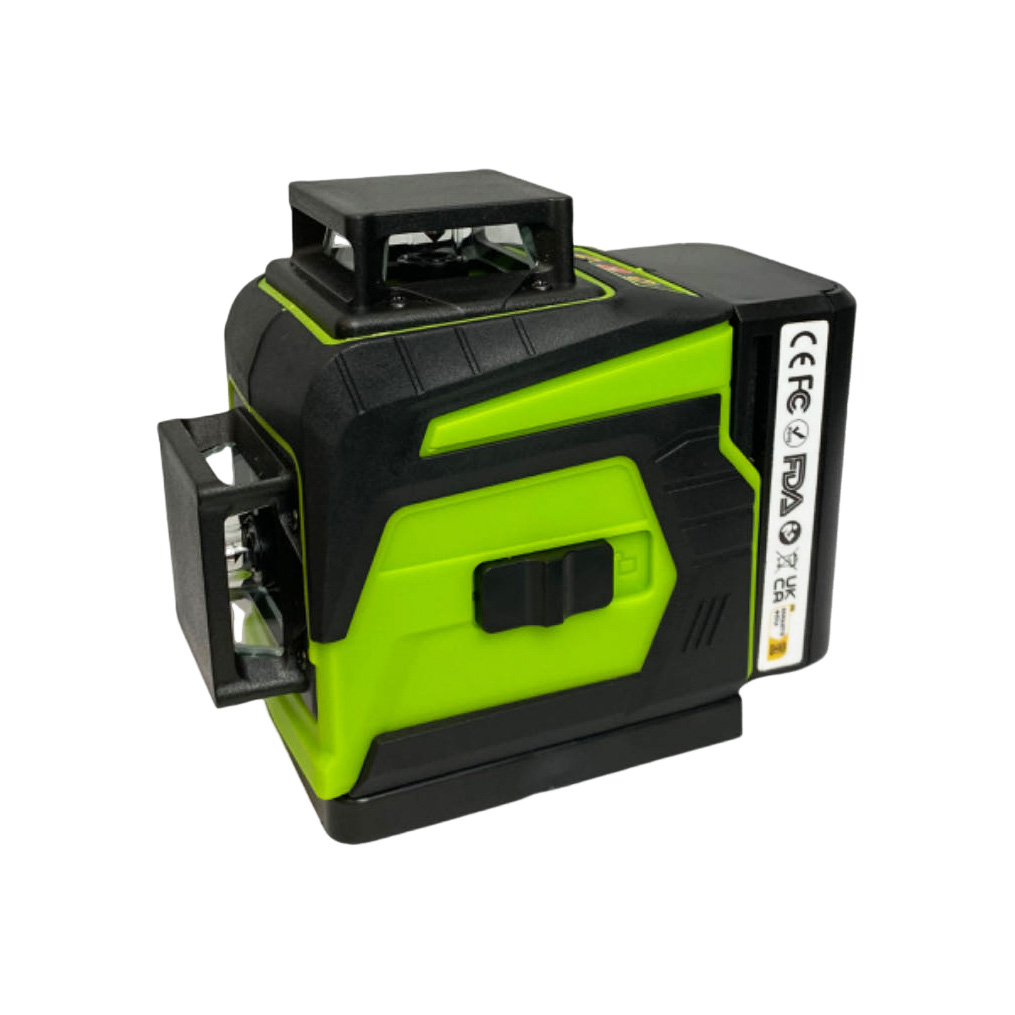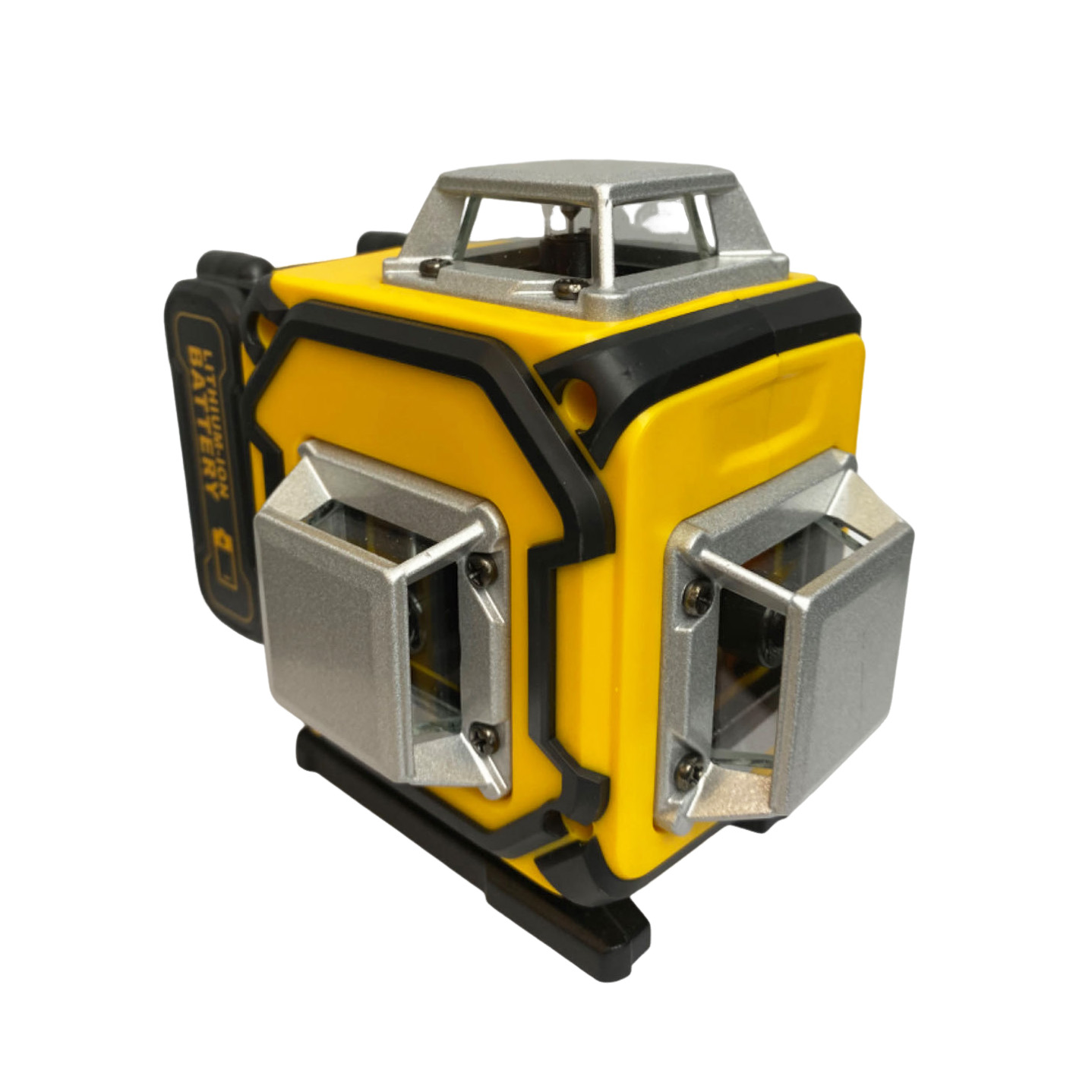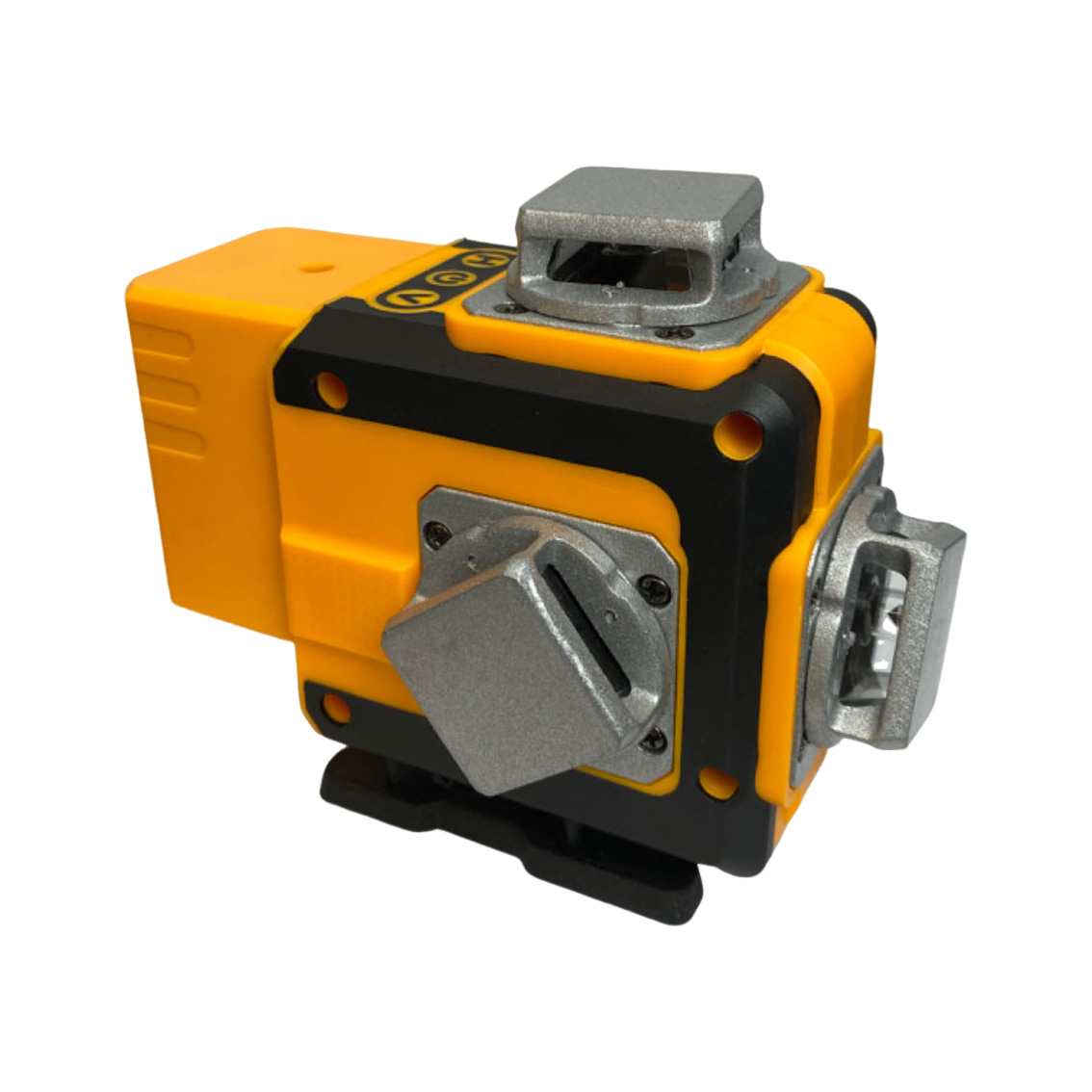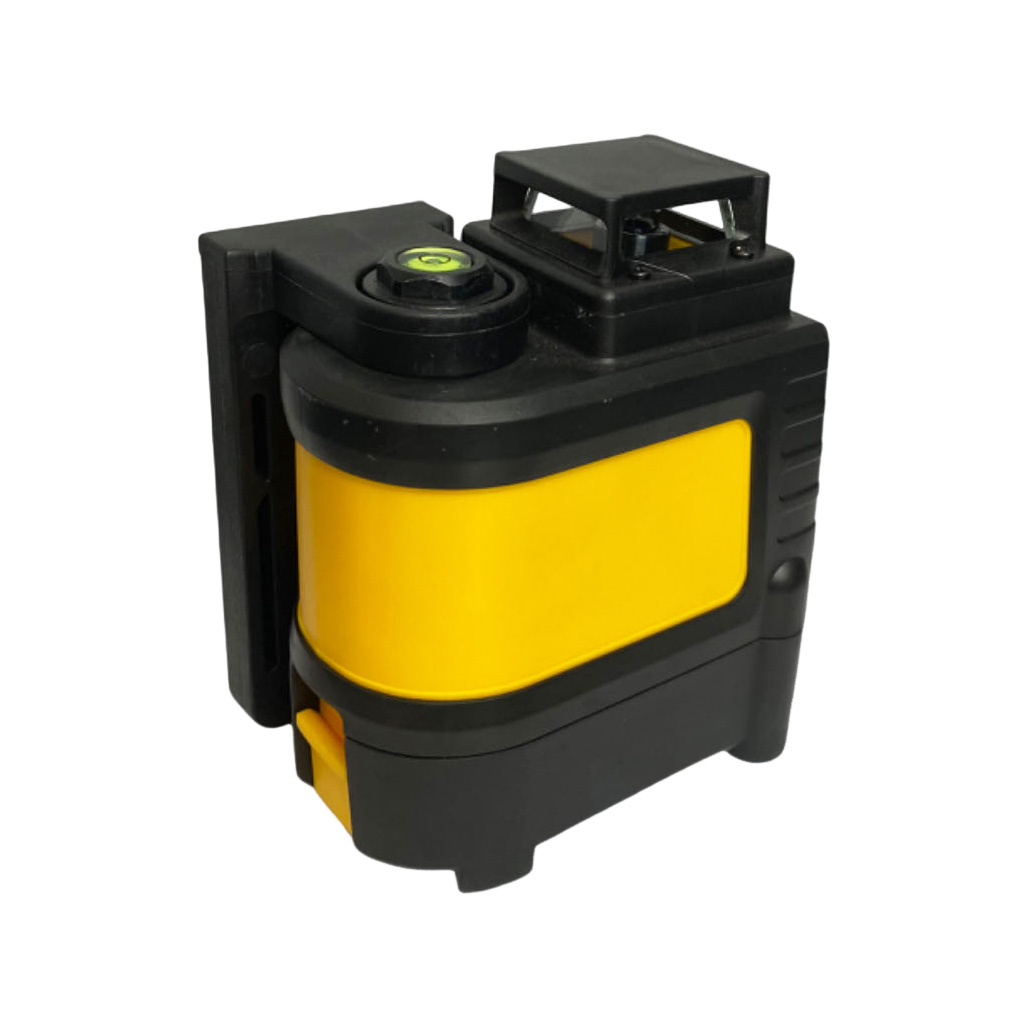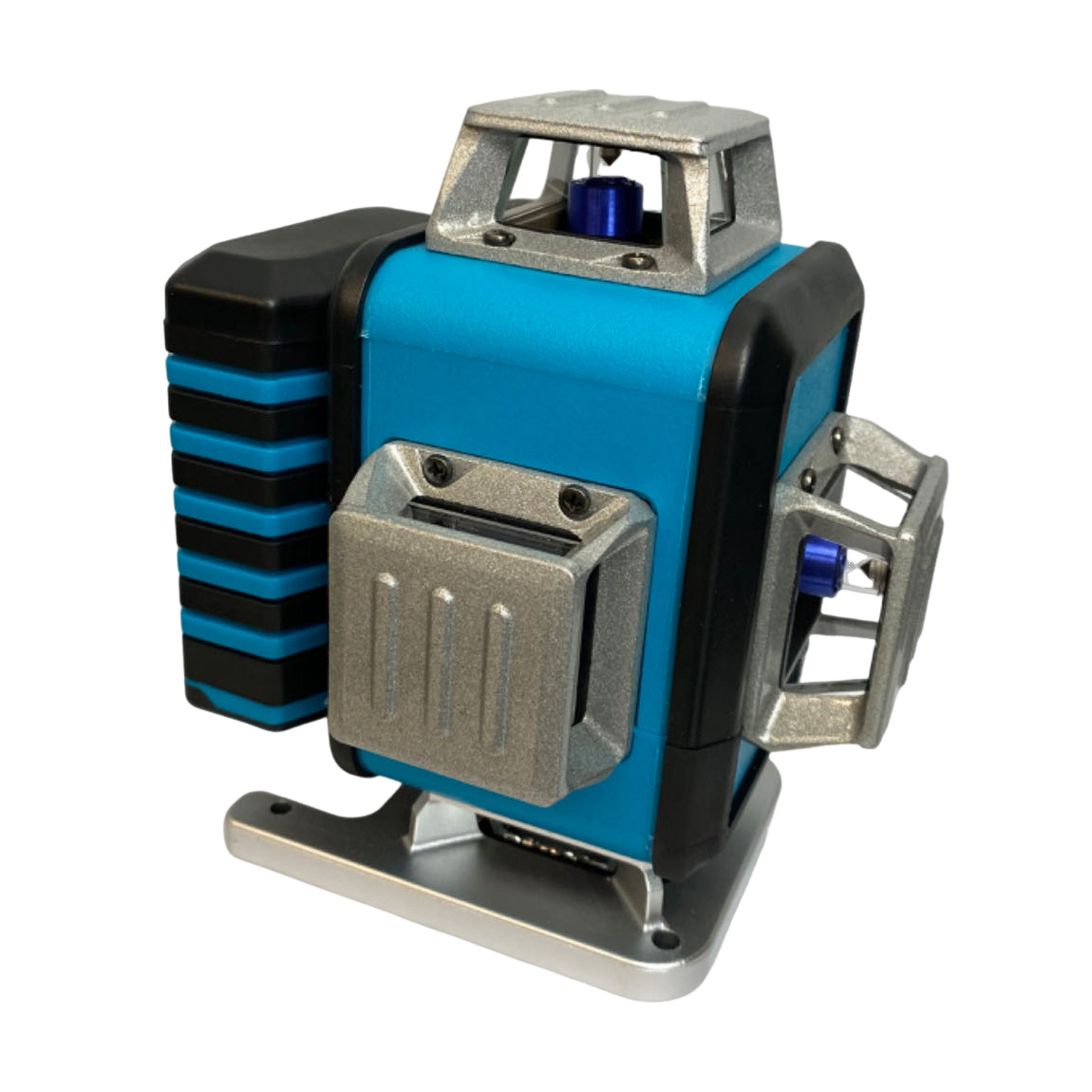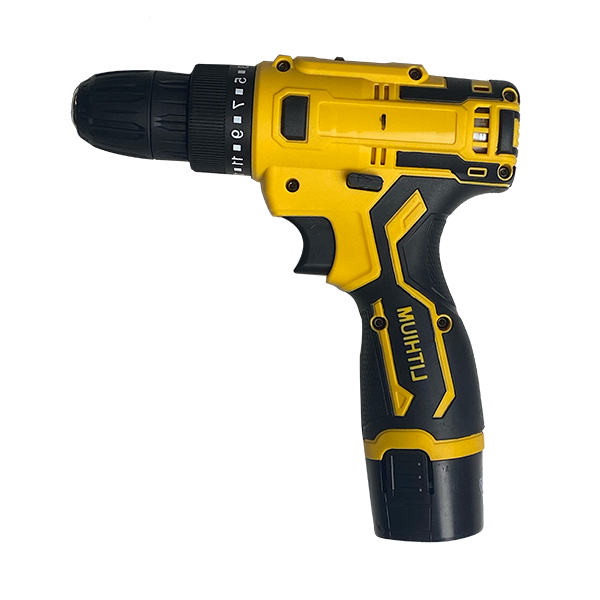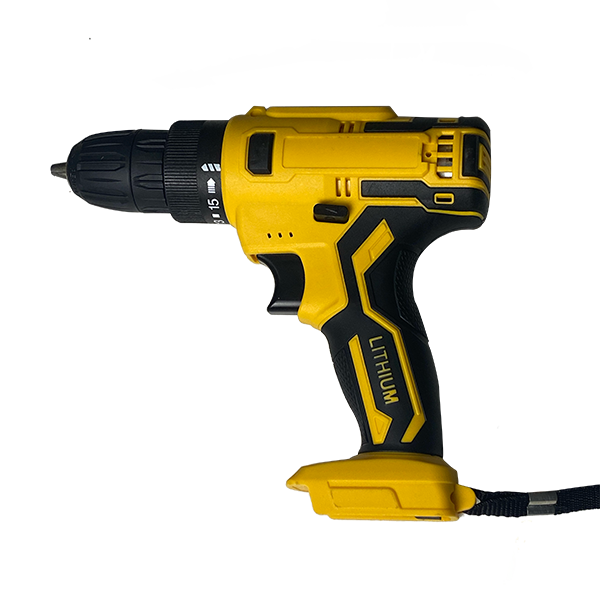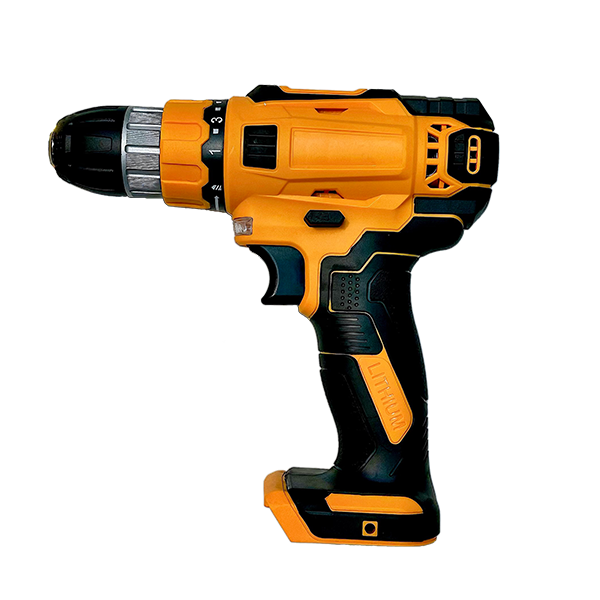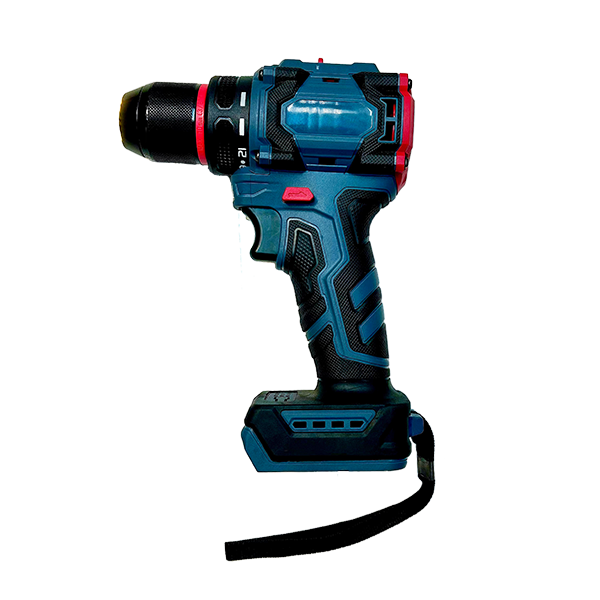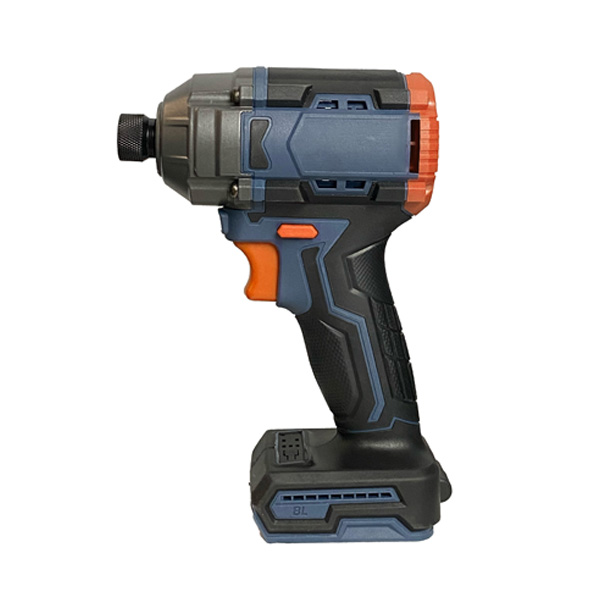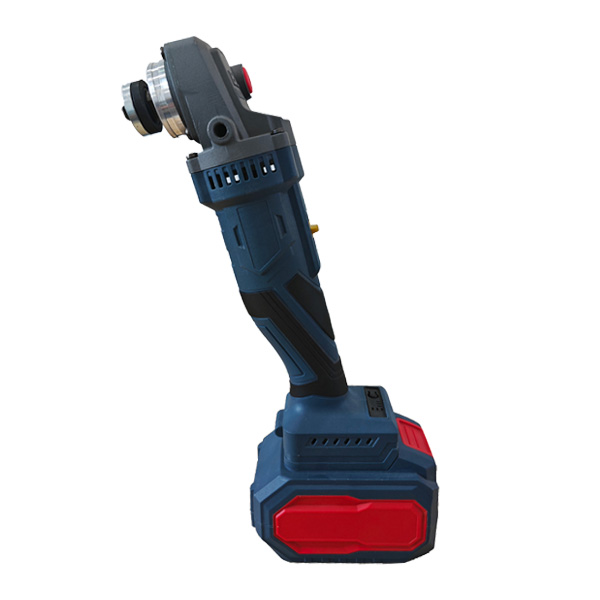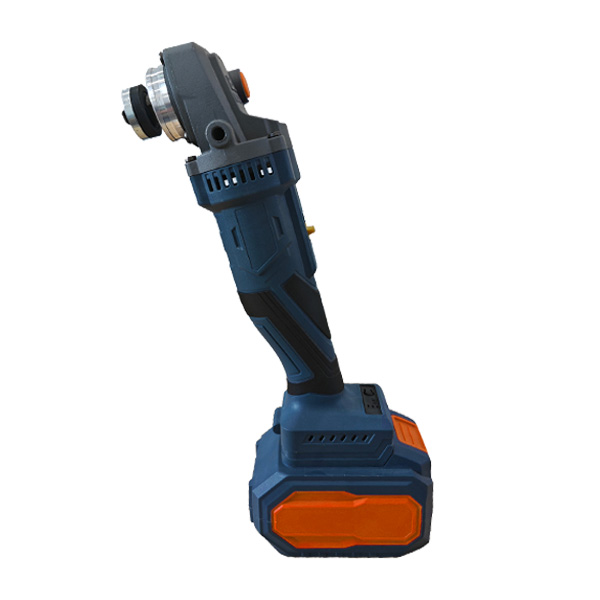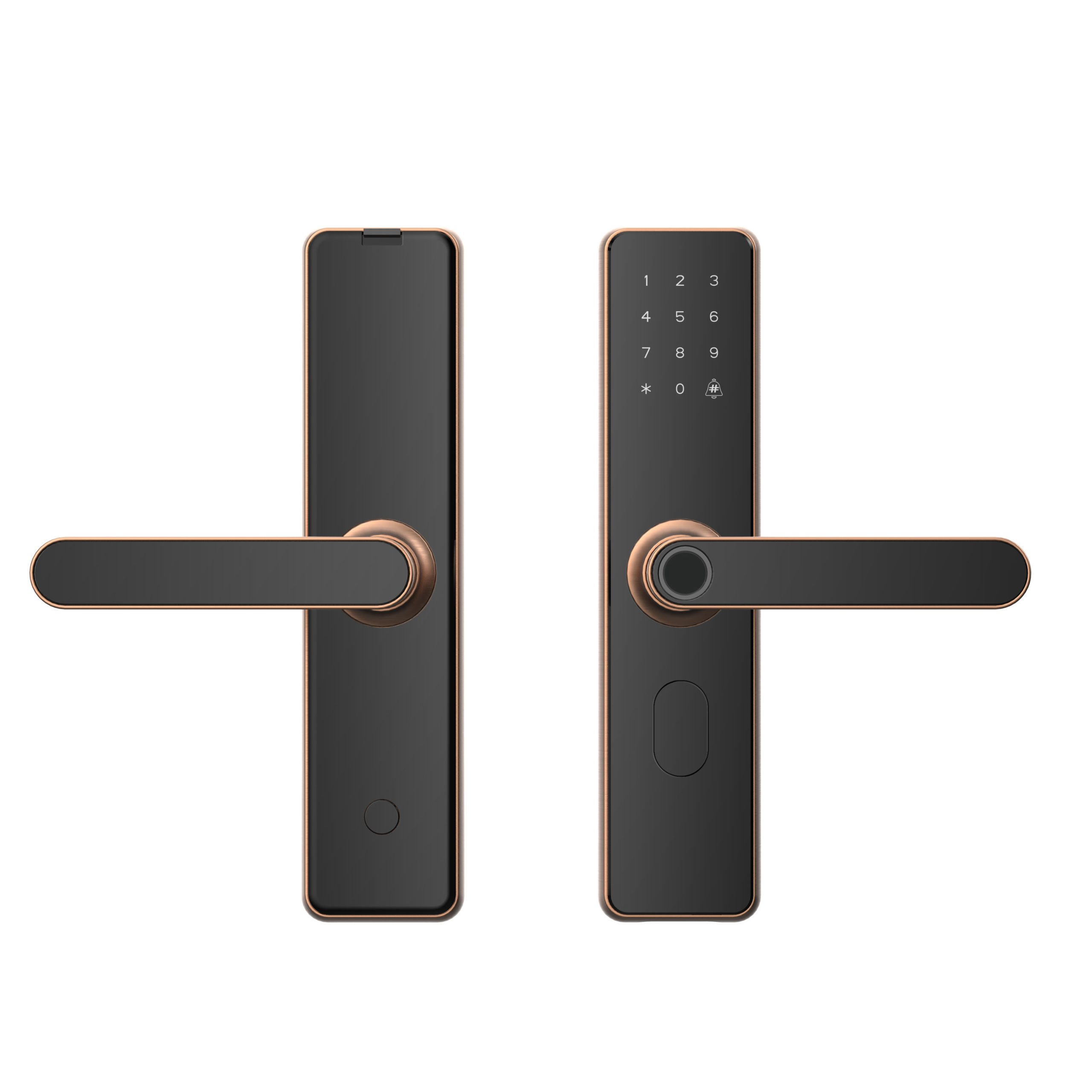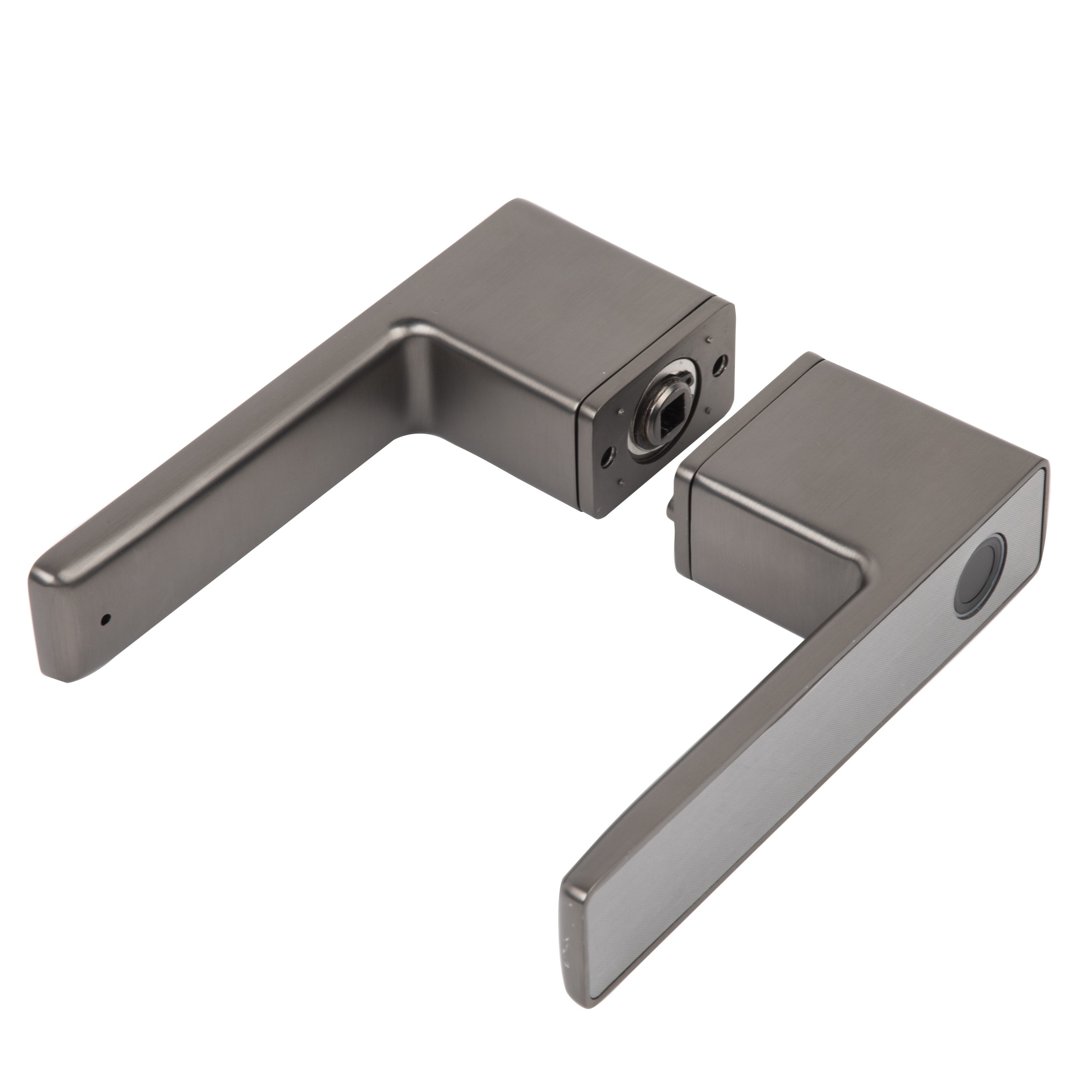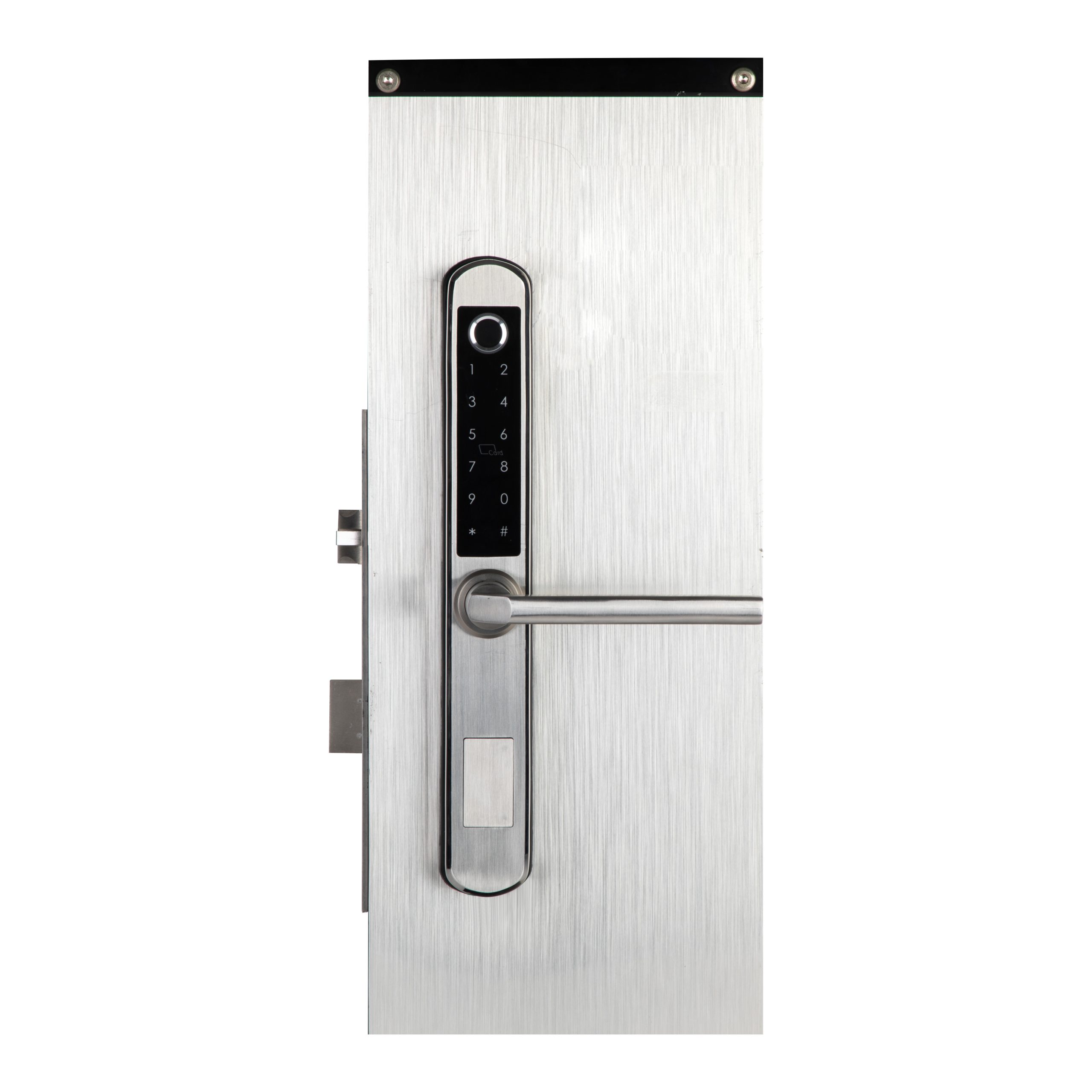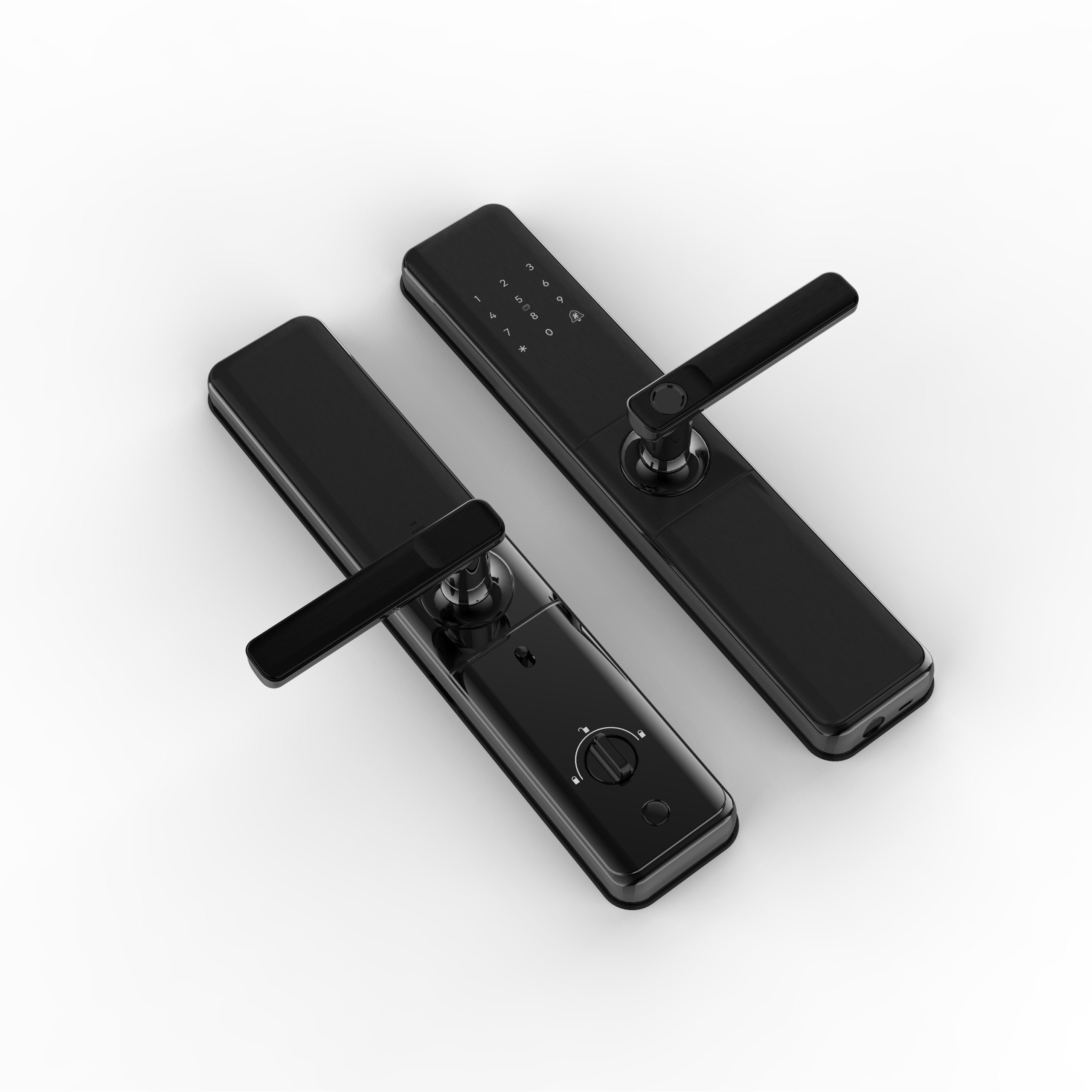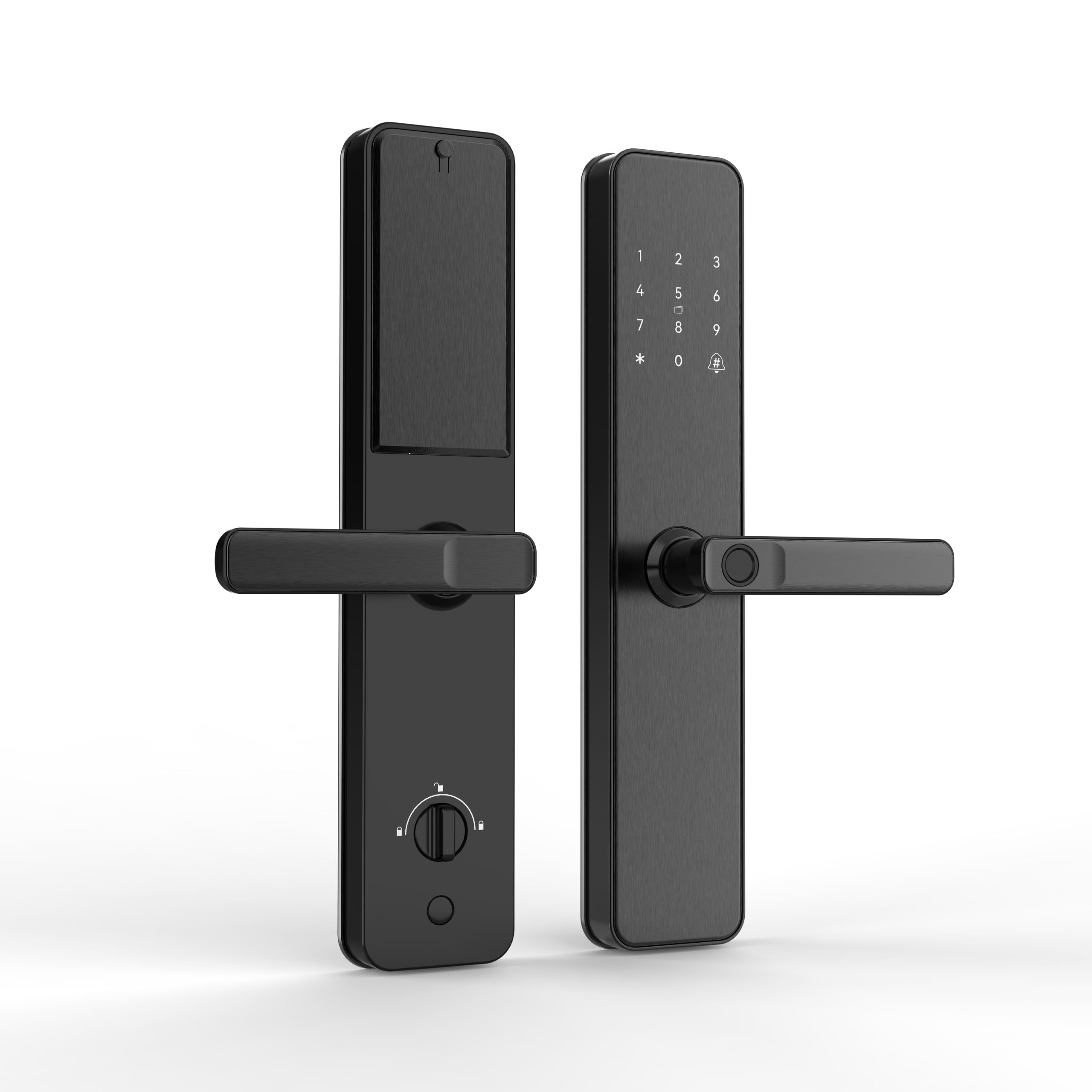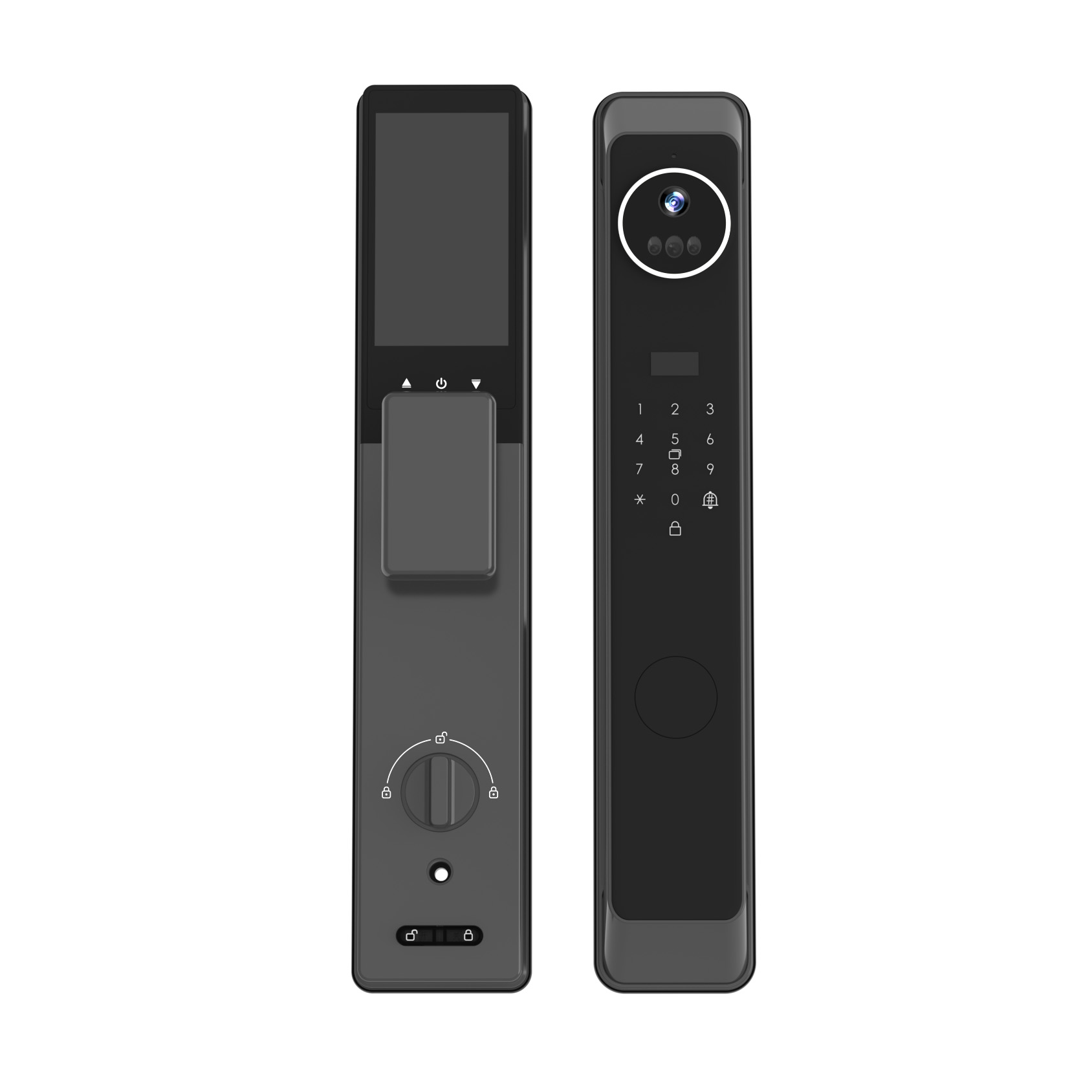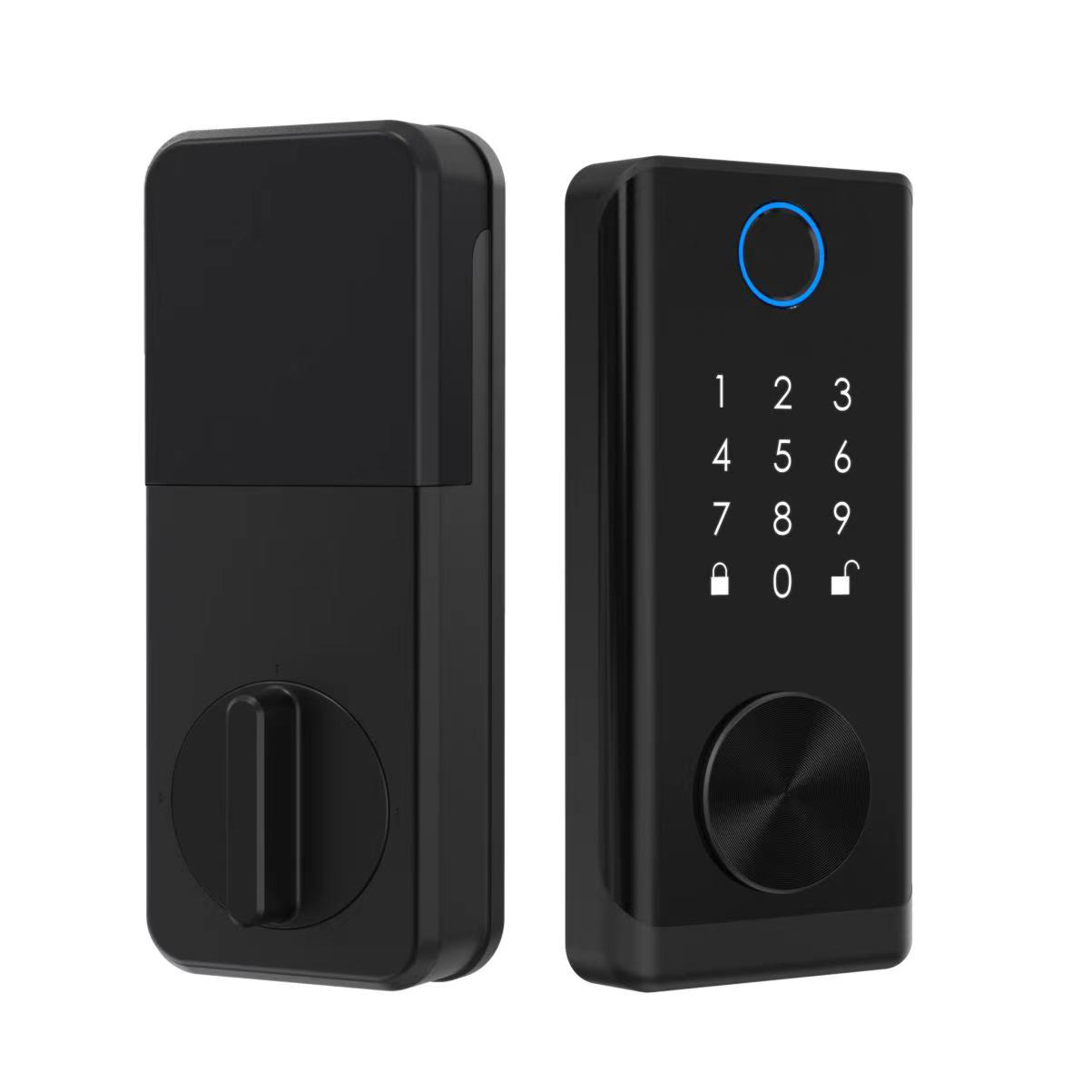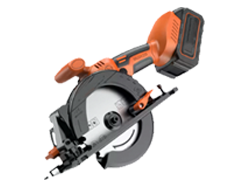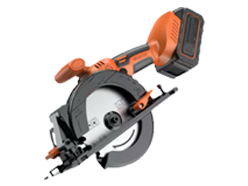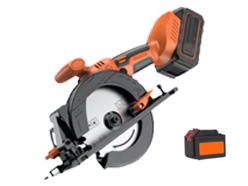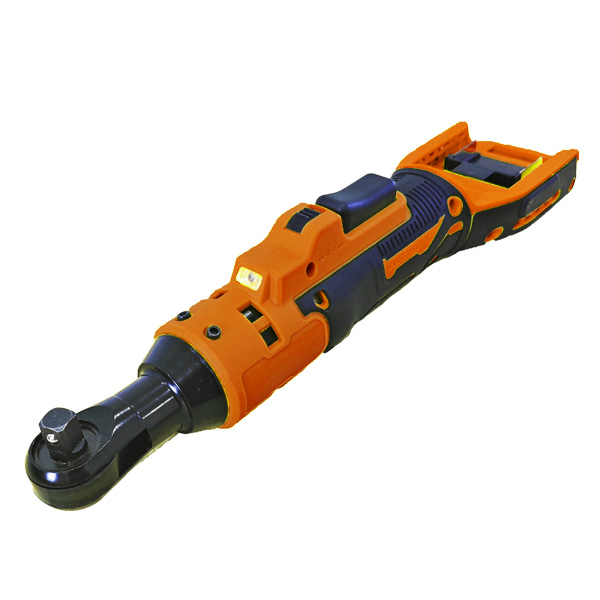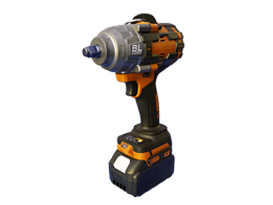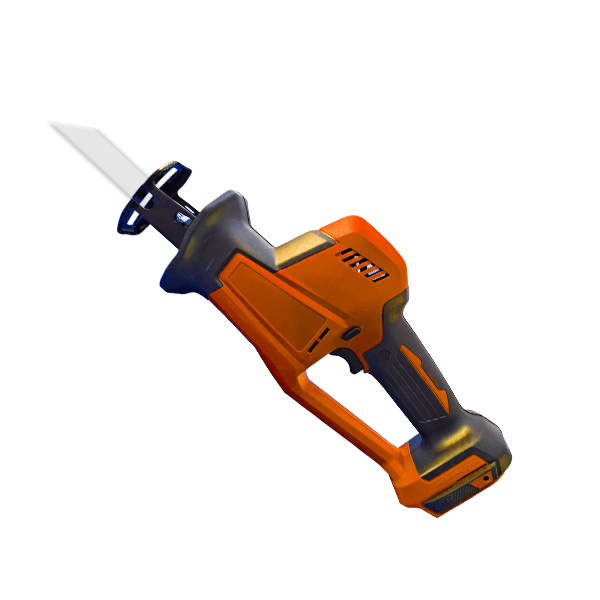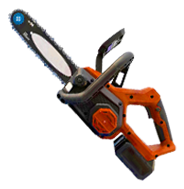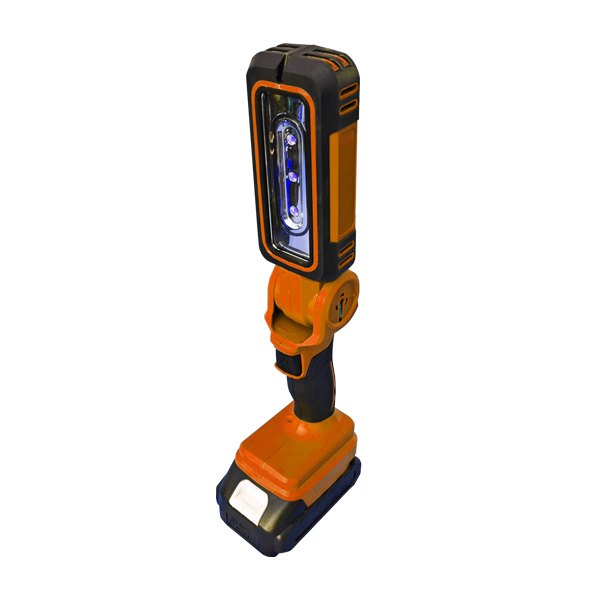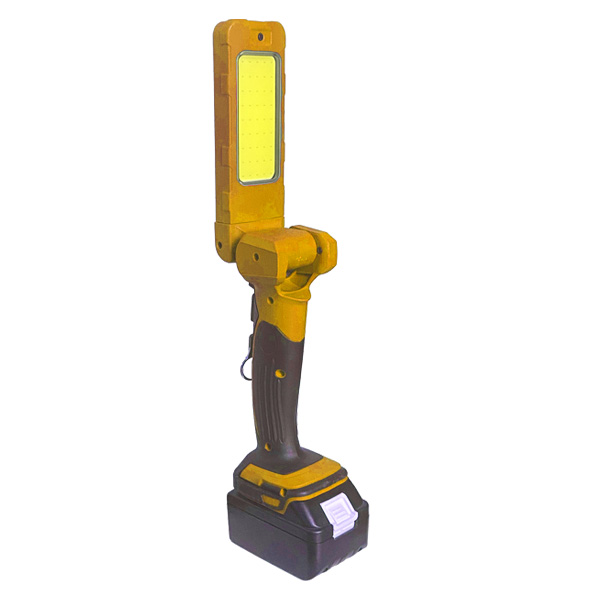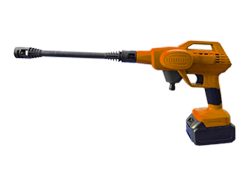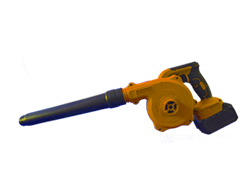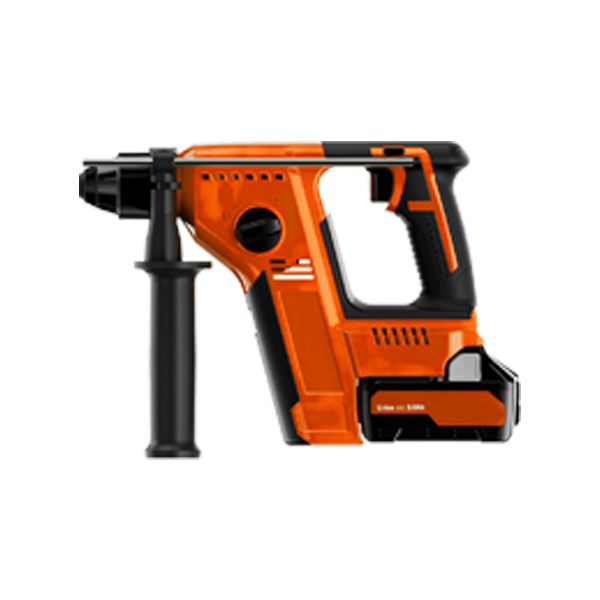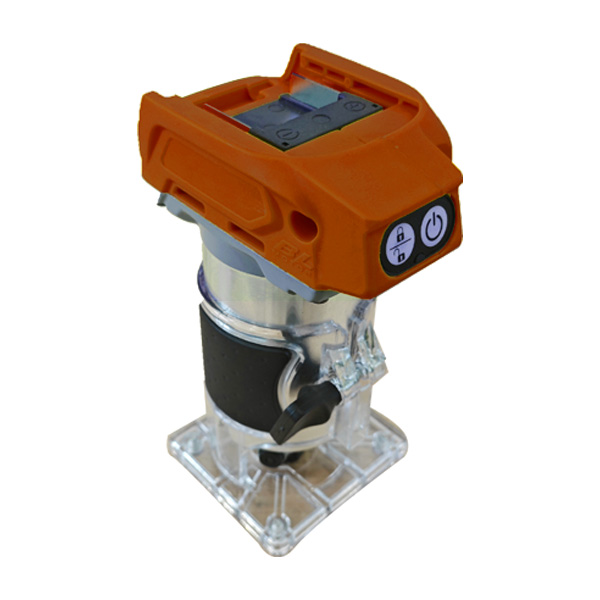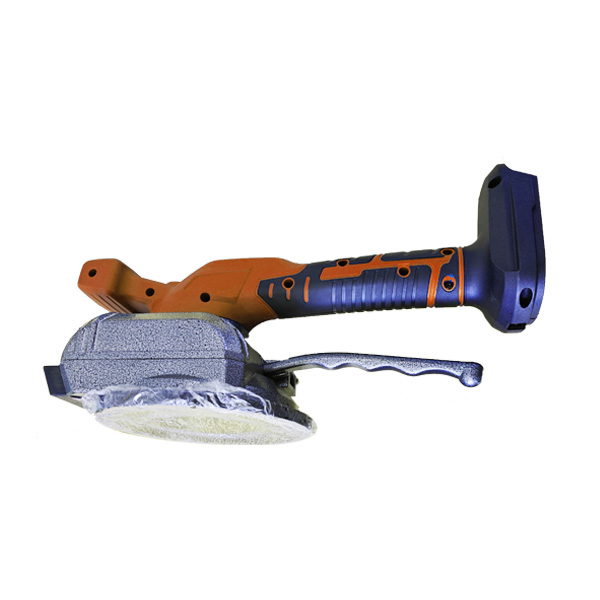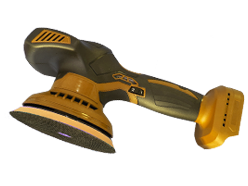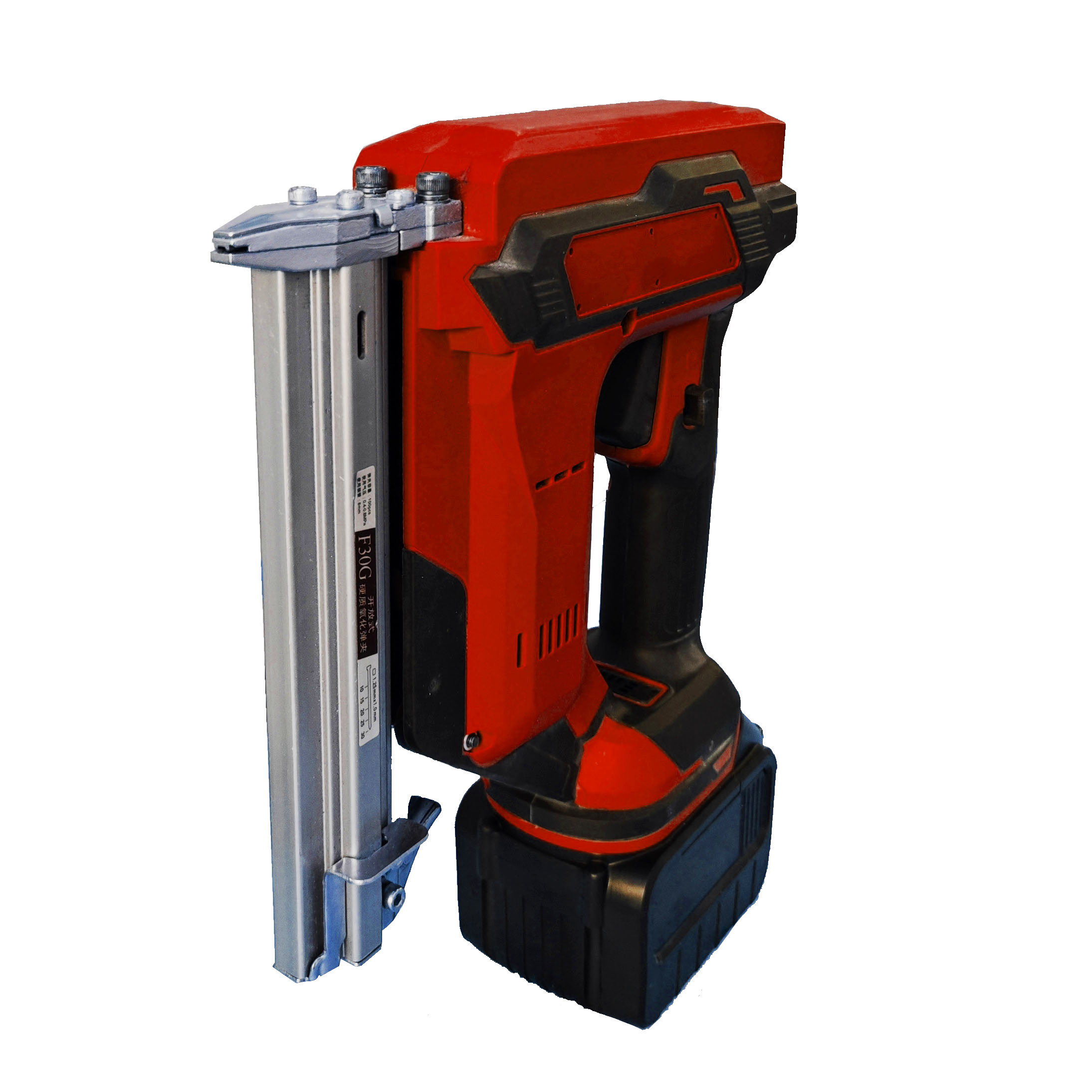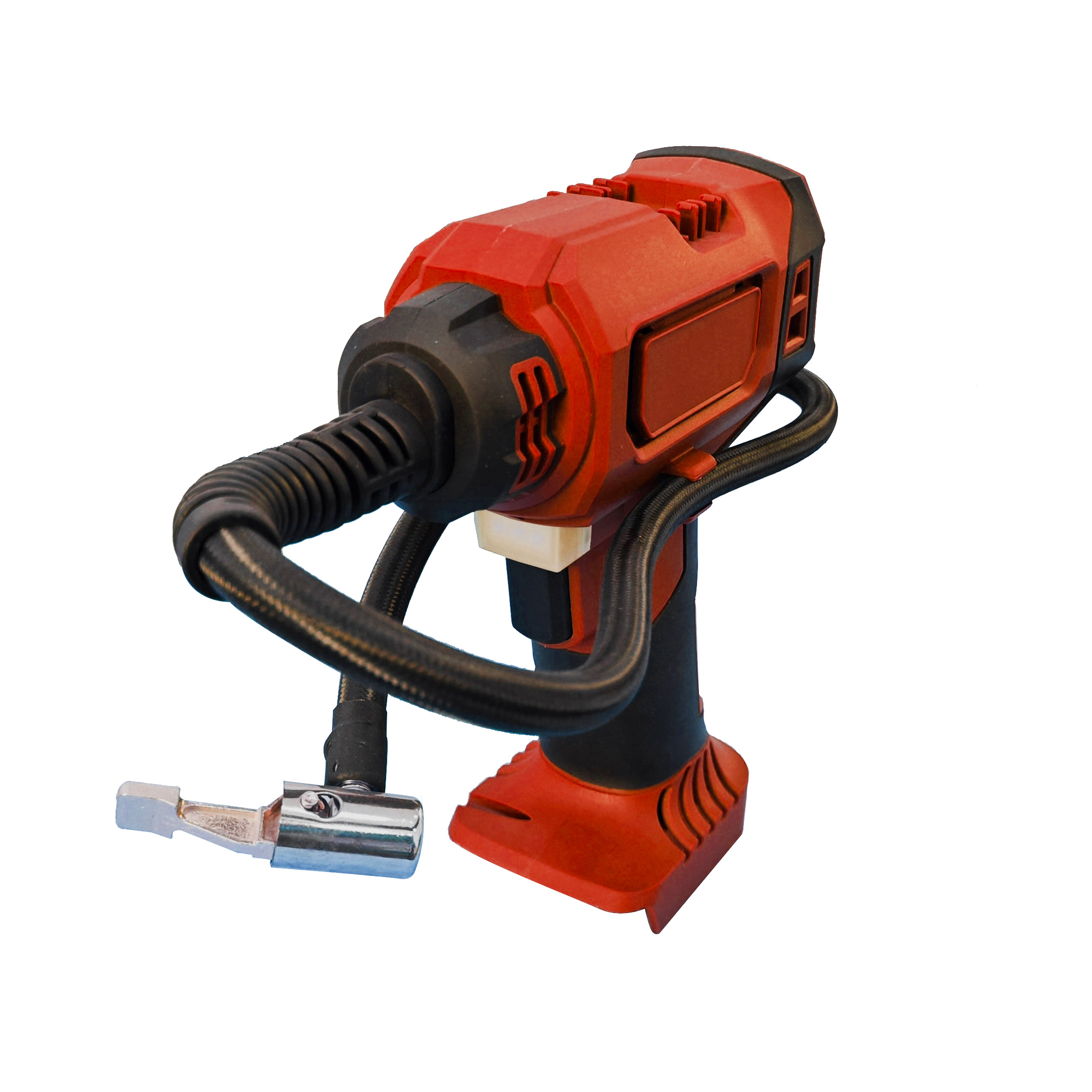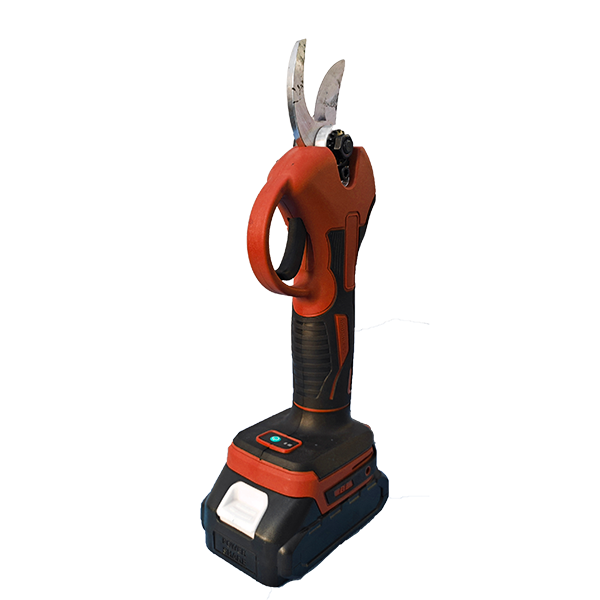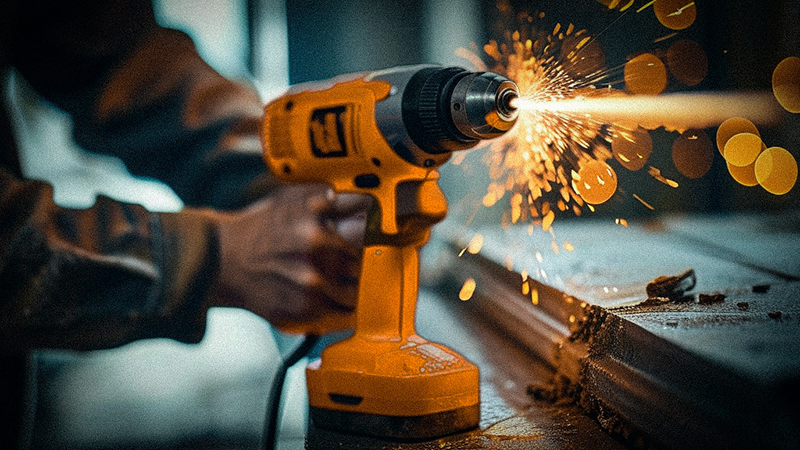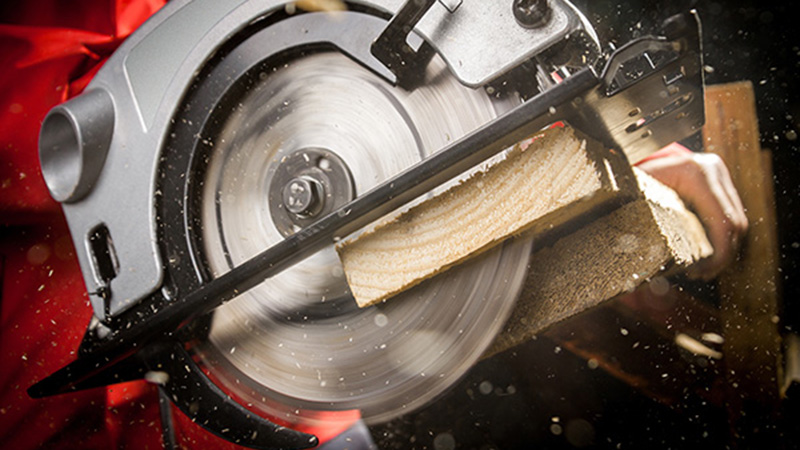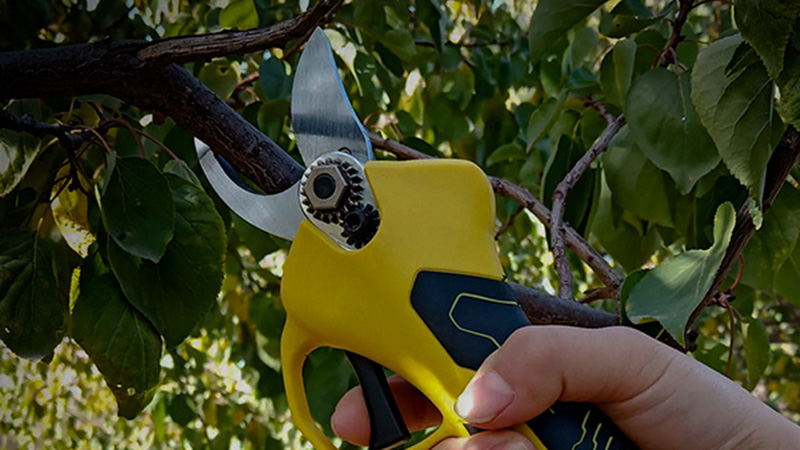Smart locks are revolutionizing home security, offering convenience and enhanced protection. This article delves into how smart locks work, exploring their features, advantages of smart systems, and whether they're a worthwhile investment for your smart home. You'll learn about the different types of smart lock available and how they integrate with your other smart home devices, all aimed at helping you decide if a smart lock is right for you.
What is a Smart Lock and How Does it Work?
A smart lock is an electronic lock that uses smart lock technology to lock and unlock a door. Unlike a traditional lock, which requires a physical key, smart locks offer keyless entry, often using a keypad, smartphone, Bluetooth, or wi-fi. The basic smart lock work mechanism involves a motor-driven deadbolt controlled by an electronic module. When you send the command to unlock or lock, this module activates the motor, which in turn moves the bolt.

Smart locks operate on various technologies, including Bluetooth, wi-fi, and Z-Wave. They can be controlled remotely through a smartphone app, allowing users to lock and unlock their doors from anywhere with an internet connection. Most smart locks also include a manual override with a physical key or a keypad for use in case of smart lock malfunctions.
What Are the Advantages of Smart Lock Systems?
There are significant advantages of smart lock systems over traditional lock and key systems. One of the biggest is convenience. With a smart lock, you no longer need to carry around a physical key or worry about losing it. You can unlock the door with your smartphone or by entering an access code.
Smart locks offer enhanced home security. Many smart locks allow you to monitor who enters and exits your home, providing a log of activity. You can also receive notifications when the door is locked or unlock and even grant access to guests remotely. This remote access is a great feature, enabling you to let someone into your home when you are not there. Moreover, the security of your smart lock is crucial.
Key Features of Smart Locks: What Can They Do?
Smart lock features vary, but they often include several key capabilities. Keyless entry is a standard feature, allowing you to unlock your door using a keypad or smartphone. Many smart locks also support remote access, which means you can lock or unlock the door from anywhere using a smartphone app and a wi-fi connection.
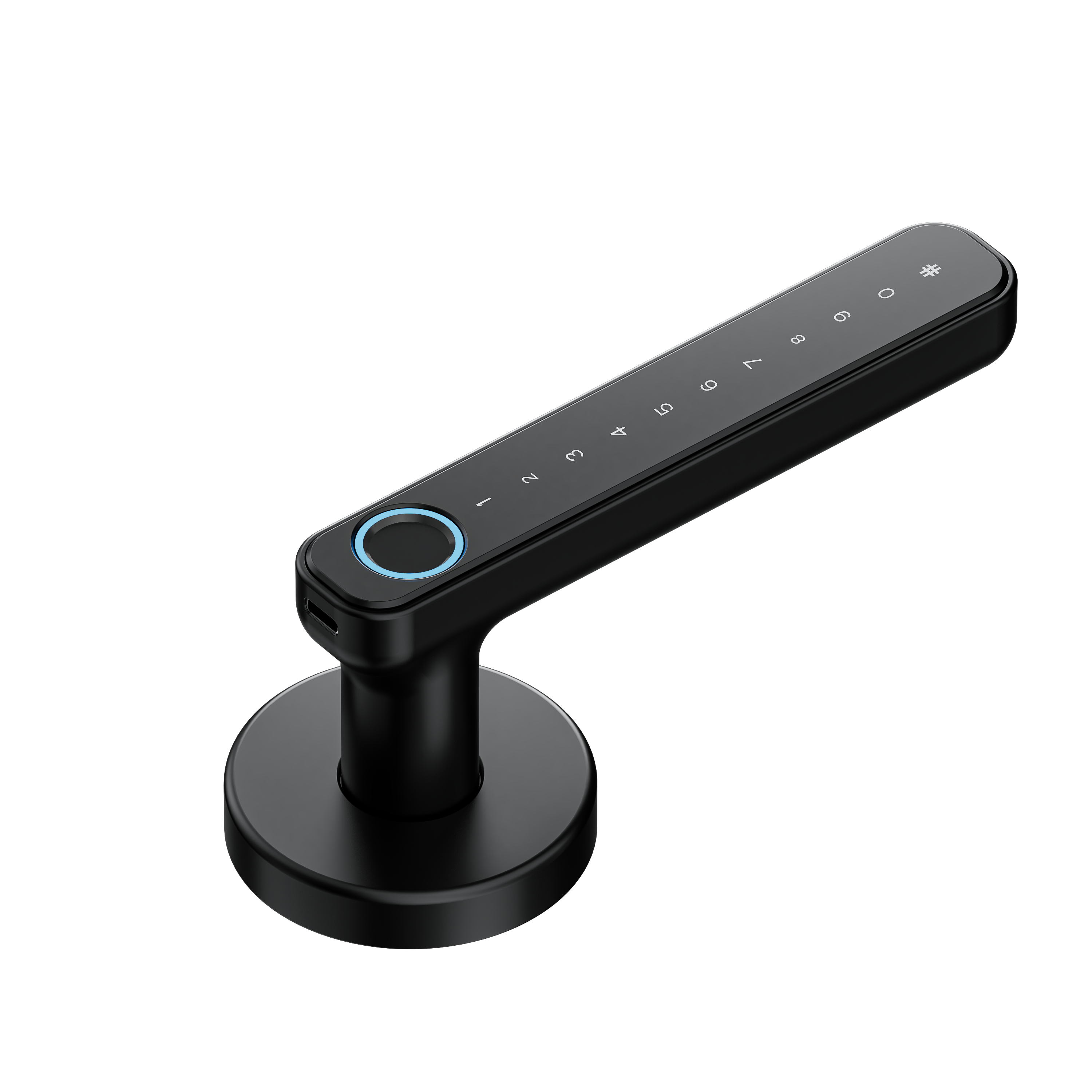
Other important smart lock features are:
- Activity Logs: Track who enters and exits your home.
- Guest Access: Grant access to visitors, even when you're not home.
- Auto-Locking: Automatically lock the door after a set period.
- Integration with smart home systems: Work with smart home devices to control smart locks.
Different Types of Smart Locks: Which One is Right for You?
There are different types of smart locks available, each with its own set of features and installation requirements. Smart lock models that replace the entire deadbolt assembly, which is often the easiest to install.
- Deadbolt Smart Locks: These are the most common type of smart door lock, replacing your existing deadbolt. They offer robust security and are relatively easy to install.
- Lever Handle Smart Locks: These locks replace the entire door lever and typically include features like a keypad, Bluetooth or wi-fi connectivity, and keyless entry.
- Smart Lock with Fingerprint Readers: These locks use biometric technology to unlock the door using a fingerprint scan, making it easy for authorized users to unlock their doors.
- Integrated Smart Locks: These locks replace the entire lock mechanism, including the door handle and deadbolt.

When selecting a smart lock for your home, consider your needs and budget. Research various smart lock models and reviews to determine which one is the best smart lock for your home security requirements. Smart locks also provide additional layers of protection that lock and key systems cannot.
Smart Lock Technology: Decoding the Inner Workings
Smart lock technology involves several key components working together. The primary component is the electronic lock itself, which contains a motor that controls the deadbolt. This motor is powered by batteries, and the smart lock will notify you if the battery is low.
The smart lock receives commands via wi-fi, Bluetooth, or Z-Wave, which can be sent from a smartphone or another smart device. The lock also includes a keypad or touchscreen for keyless entry, and some models include fingerprint readers. The smart lock include encryption to secure communication between the lock and your smartphone or other smart devices.
Integration with Smart Home Systems: A Seamless Experience?
Integration with smart home systems is a key aspect of smart lock functionality. Many smart locks are compatible with popular smart home systems like Amazon Alexa, Google Assistant, and Apple HomeKit. This allows you to control your smart lock with voice commands.
For example, you can use a smart doorbell with a smart lock and enable a visitor to unlock the door after being identified. Smart locks enable more efficient home security, and are designed to work seamlessly with other smart home devices.
Are Smart Locks Worth It? Weighing the Pros and Cons
Are smart locks worth the investment? That depends on your individual needs and priorities. Smart locks offer many benefits, including convenience, enhanced security, and the ability to monitor activity at your home. They can also be more affordable than a full home security system, but it's not the only factor to consider.
Here's a simple breakdown of pros and cons:
Pros:
- Convenience (keyless entry, remote access)
- Enhanced security (activity logs, guest access)
- Integration with smart home systems
- Easy to lock and unlock from anywhere
Cons:
- Reliance on batteries
- Potential for hacking or technical glitches
- Can be more expensive than traditional lock
- Smart locks may not work if the power goes out.
The benefits of smart locks often outweigh the downsides for many smart lock users.
Home Security with Smart Locks: Enhancing Your Protection
Home security is the primary reason many people choose to install smart locks. Smart locks are equipped with security features that enhance the protection of your home. They provide features that lock and key systems do not.
- Activity Logs: Track who enters and exits, providing a record of all lock and unlock activity.
- Remote Access: Lock or unlock the door from anywhere, allowing you to quickly secure your home if you forget to lock it.
- Temporary Access: Grant access to guests, contractors, or service providers for a specific period of time.
- Tamper Alerts: Receive notifications if someone attempts to tamper with the lock.
- Two-Factor Authentication: This adds an extra layer of security, requiring a second form of verification.
How to Choose the Best Smart Lock for Your Home
Choosing the best smart lock for your home involves several considerations:
- Compatibility: Ensure the smart lock is compatible with your door and existing lock hardware.
- Features: Decide which features are most important to you, such as keyless entry, remote access, and integration with smart home systems.
- Security: Check for security features like encryption, tamper alerts, and two-factor authentication.
- Battery Life: Consider the battery life and how easy it is to replace the batteries.
- Reviews: Read reviews from other smart lock users to get an idea of the reliability and ease of use.
- Price: Set a budget and compare prices from different manufacturers.
Researching different smart locks on the market can help you identify the smart lock is right for you.
Smart Lock FAQs: Addressing Common Concerns
Here are some frequently asked questions about smart locks:
- What happens if the batteries die? Most smart locks have a backup power source, such as a physical key or a port for an external battery.
- Are smart locks secure? Smart locks use encryption to protect your data. However, like any technology, they are vulnerable to hacking. Choose smart locks from reputable brands and keep your smartphone and smart lock software updated.
- Can smart locks be hacked? Yes, but the risk is relatively low. Following security best practices, such as using strong passwords and keeping your smart lock software up-to-date, can minimize this risk. Security of the lock is also of importance.
- Are smart locks easy to install? Many smart locks are designed for easy DIY installation, but you can always hire a professional. Installing a smart lock should be easy.
- What is the range of remote access? The wi-fi range varies by smart lock and wi-fi router.
- How do I reset a smart lock? The reset process varies by smart lock. Consult the manufacturer's instructions.
In conclusion, smart locks offer a significant upgrade over traditional lock systems, providing both convenience and enhanced home security. By understanding how smart locks work, considering your needs, and choosing a smart lock with the right features, you can significantly improve the security of your home. Consider the advantages of smart lock systems when choosing the correct one for your needs.
Here are some of the most important things to remember:
- Smart locks offer keyless entry and remote access.
- They can be integrated with smart home systems.
- Choose a smart lock with appropriate security features.
- Consider battery life, ease of installation, and user reviews.
- Stay informed about smart lock technology and smart locks worth the investment.
Post time: 2 月-21-2025

